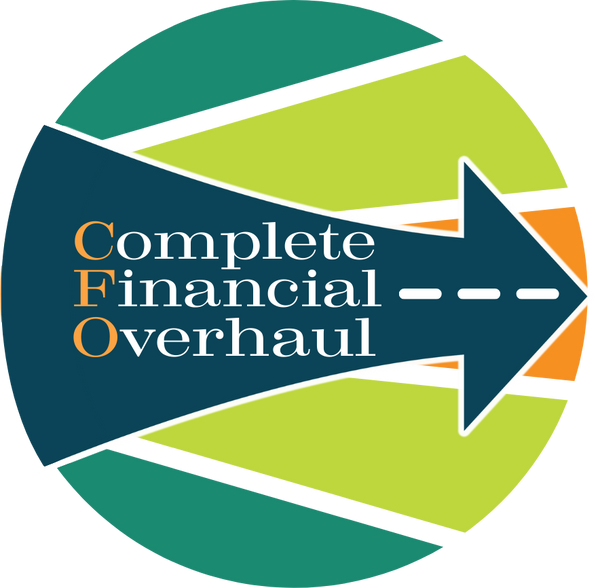Journaling Your Way to Financial Freedom
Share
Have you ever thought about the power a simple notebook and a pen hold when it comes to transforming your finances? Yes, we're talking about journaling—but not just any kind of journaling. This is about harnessing the written word to carve a path towards financial freedom. It’s easy, enjoyable, and incredibly effective. Let’s dive into how turning your thoughts into written words can set you on a journey to better financial health.
Firstly, the act of journaling itself is therapeutic. It allows you to clear your mind and focus on what truly matters. When it comes to finances, this clarity is crucial. Start by jotting down your financial goals. Do you want to save up for a new home, pay off debt, or prepare for retirement? Whatever your goals, write them down. Make them real. Then, outline the steps you think you'll need to take to reach these goals. This process not only sets a clear roadmap but also boosts your motivation to stay on track.
Now, let’s talk about the daily grind. Keeping a daily financial diary helps you track where your money is going. Every coffee, every online purchase, every seemingly insignificant expense—write it down. This might seem tedious at first, but soon you’ll uncover spending patterns and habits you never knew you had. This awareness is the first step towards change. You’ll start making more mindful decisions, opting perhaps for a brewed coffee at home rather than that expensive latte on your way to work.
But journaling isn’t just about tracking; it’s also about reflecting. Regularly look back on your entries. Assess your progress towards your financial goals. Celebrate the small victories—a week where you stuck to your budget or a month where you managed to save a bit extra. If you notice setbacks, don’t be too hard on yourself. Use your journal to brainstorm solutions and alternative strategies. Perhaps you need to adjust your budget or cut down on certain expenses. Your journal becomes a personal financial advisor that’s entirely crafted by you.
Additionally, use your journal to explore your relationship with money. Many of us have underlying beliefs about money, often instilled during childhood, that can affect how we handle our finances today. Are you a spender or a saver? Do you experience anxiety when it comes to investing? Write about these feelings. Understanding your emotional connection to money is key to changing your financial habits for the better.
And finally, make it fun! Customize your financial journal to make it inviting and inspiring. Use colorful pens, stickers, or even digital apps if you prefer typing to writing. The more personalized and engaging your journal is, the more likely you will stick to this beneficial practice.
In conclusion, journaling is a powerful tool that can guide you to financial freedom. It helps you set and achieve goals, track your daily finances, reflect on your progress, and understand your emotional relationship with money. So, grab a notebook and start writing your way to financial success. Remember, the journey of a thousand miles begins with a single step—or in this case, a single word. Happy journaling!
